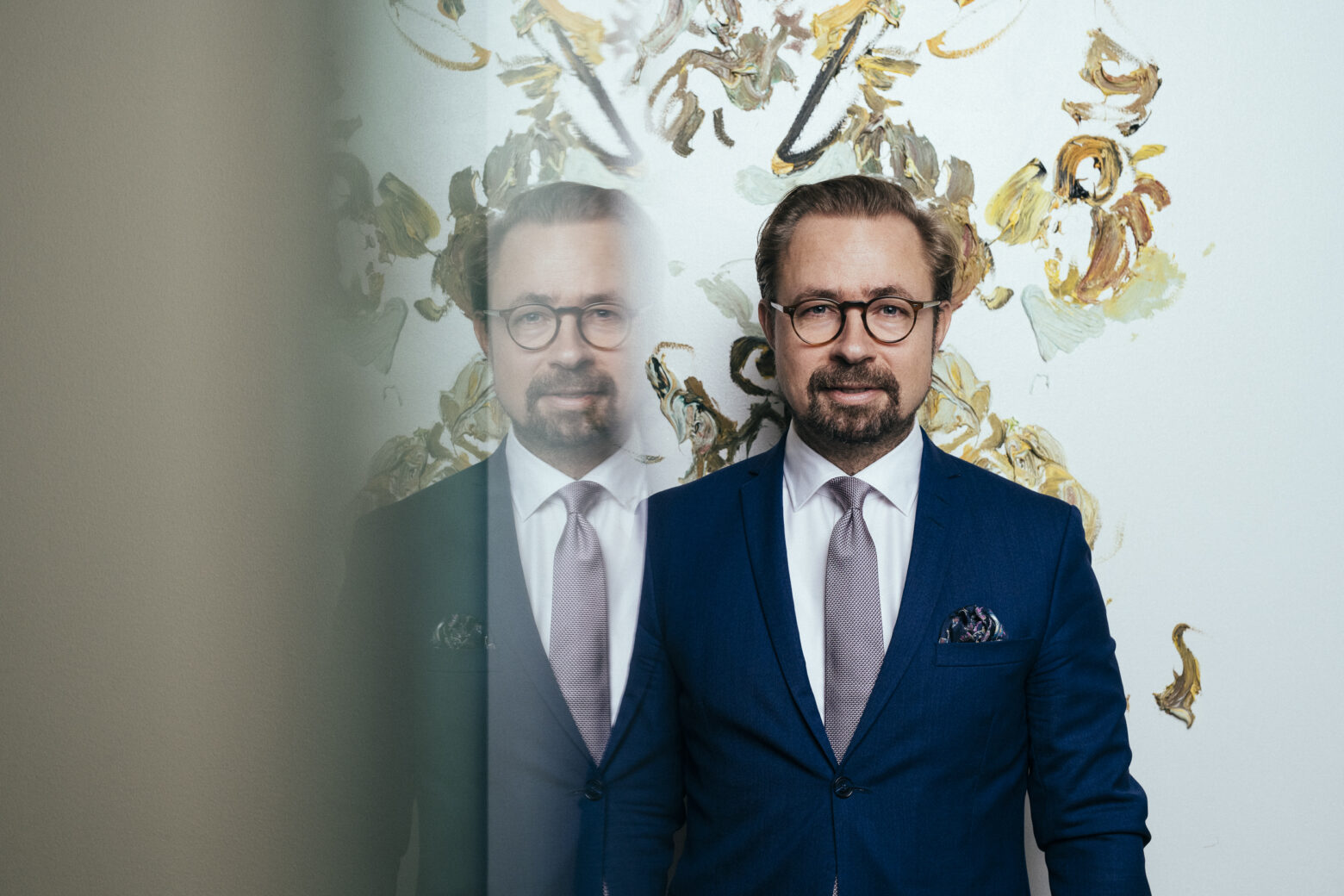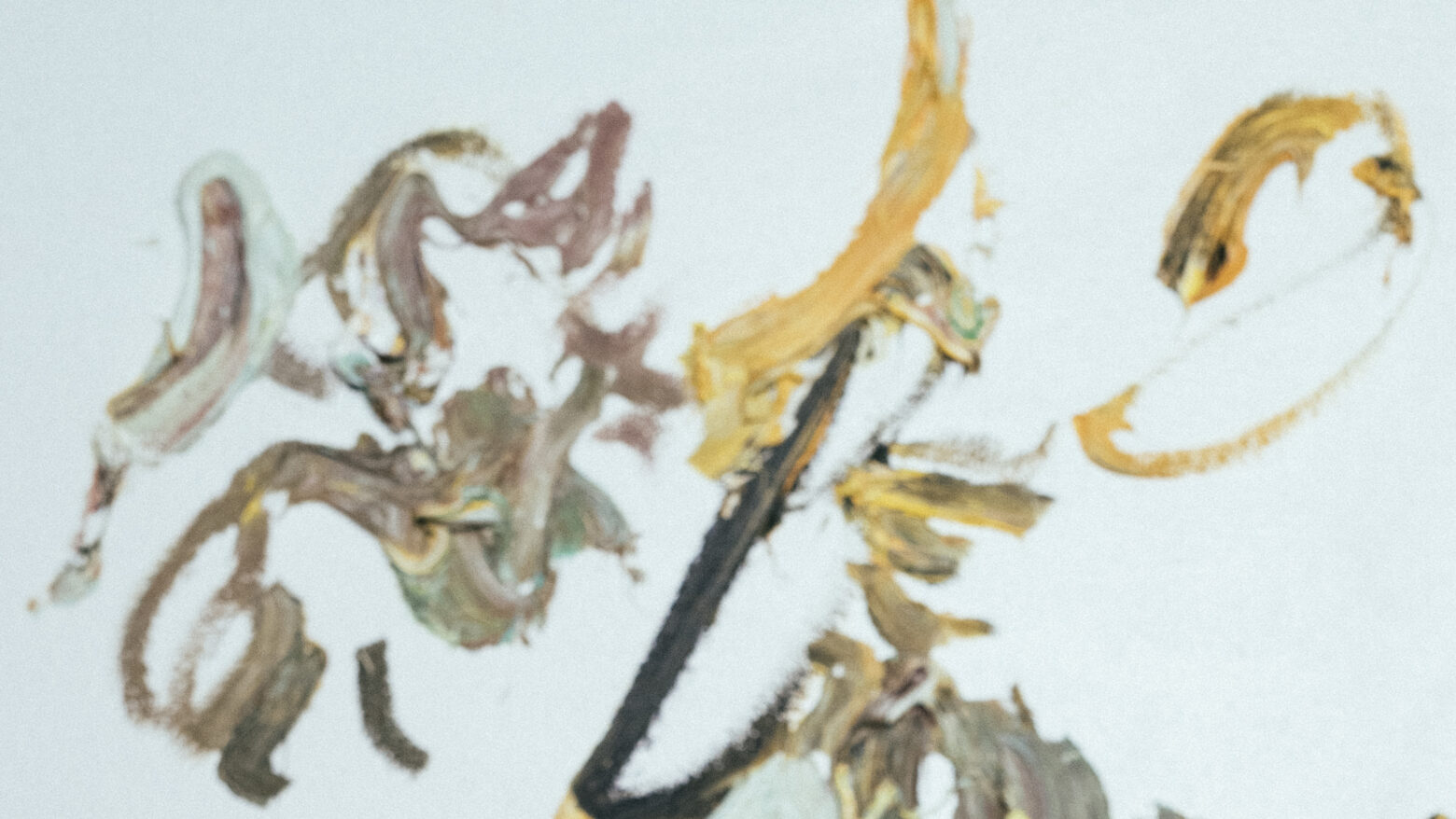For centuries, human beings have been seeking the truth. We have sought it without even knowing if we’d be able to live with it.
To find the truth, human beings came up with the concept of witness hearing. We believed that by questioning a person who had seen what happened, we would find out the truth. Then it turned out that the truth was always more or less subjective and thus coloured, and its colour depended on the colour of the lenses you looked through it.
Then there emerged a profession specialised in finding the truth. This profession believed that it could find out the truth by posing questions to a witness and observing and listening to them. The idea came about that the live, on-site hearing of witnesses would be a key guarantee for the execution of justice. As a result, people were prepared to fly to the other side of the world to find out the truth in oral hearings.
For 15 months now, we have lived in a virtual world, in which the oral hearings have in many cases become digital, carried out remotely. It has no longer been possible to observe the witness and assess their credibility live and on site.
Thus, witness hearing has taken on new colours. We have faced new questions on the path of seeking the truth. Is finding out the truth possible anymore? Has digitalisation resulted in us ultimately losing the truth?



